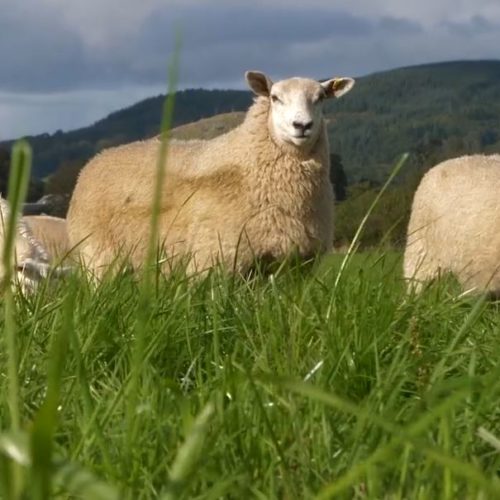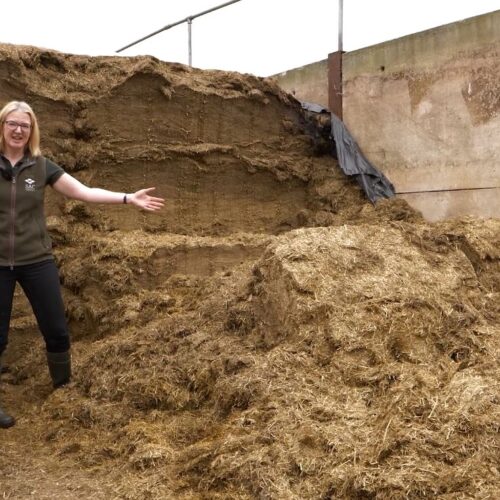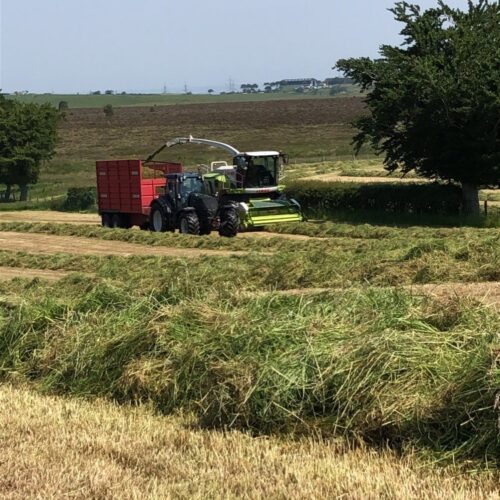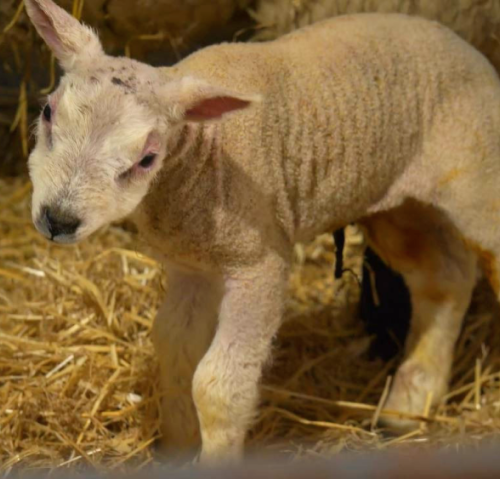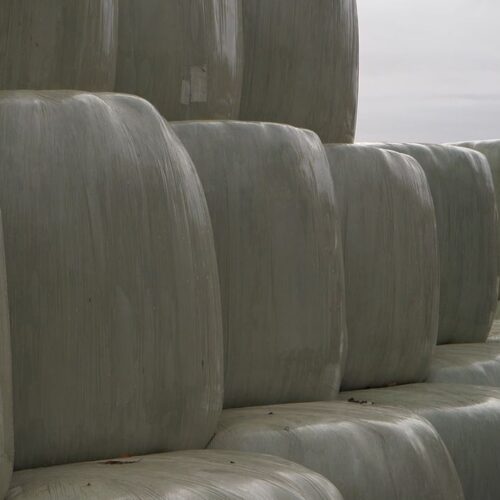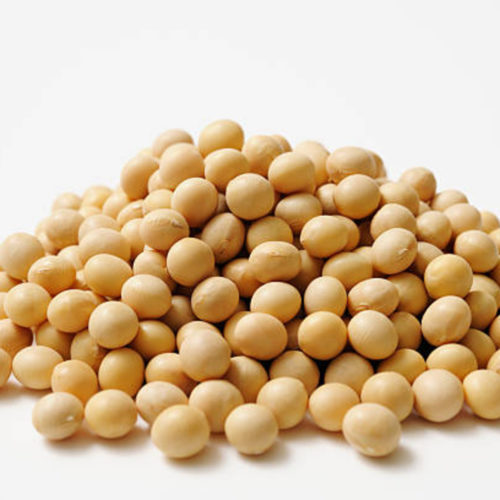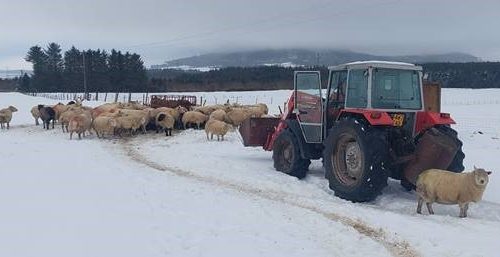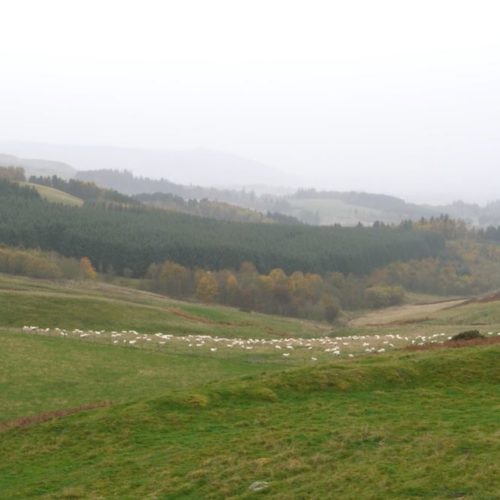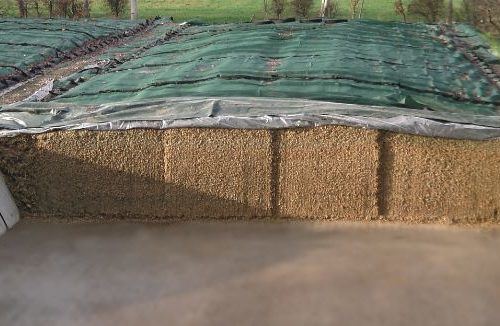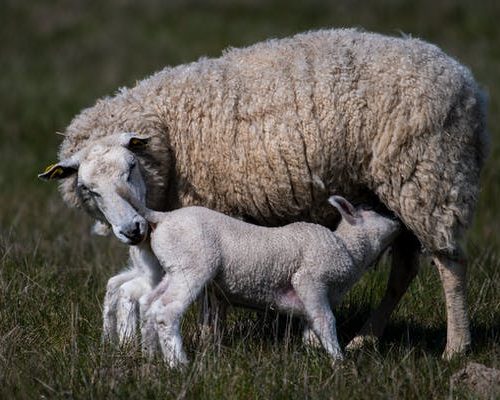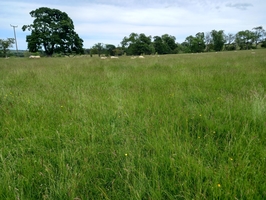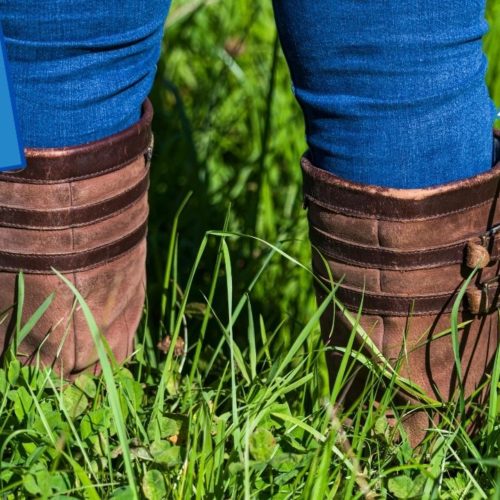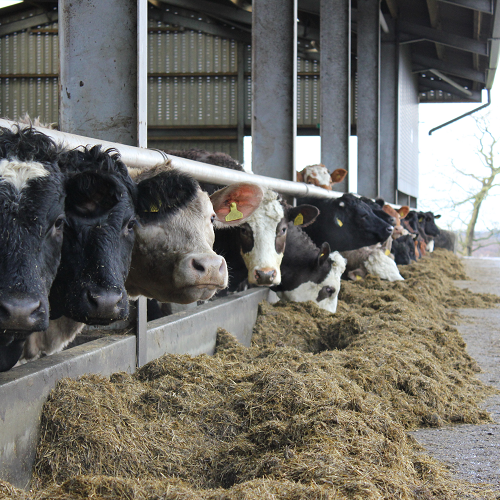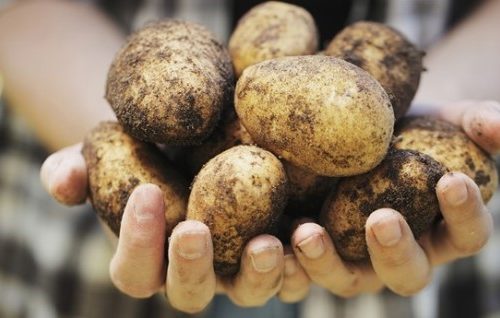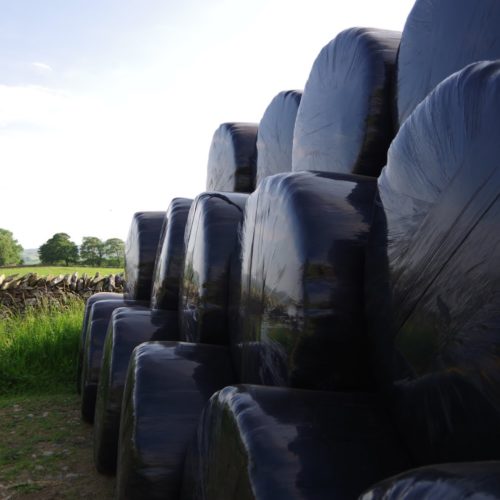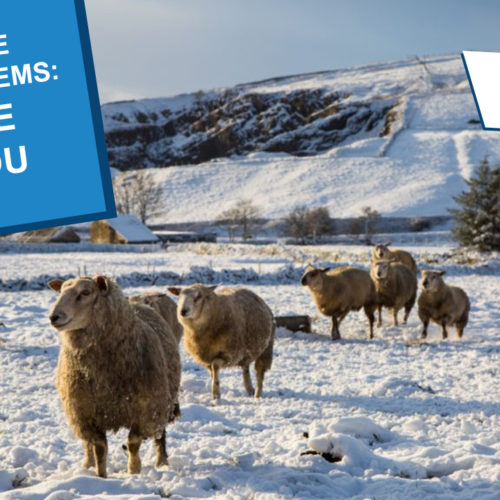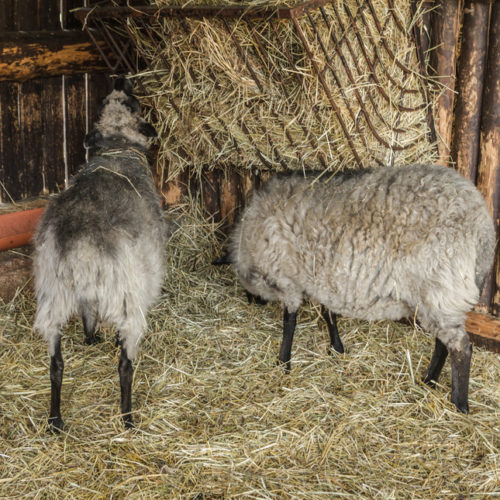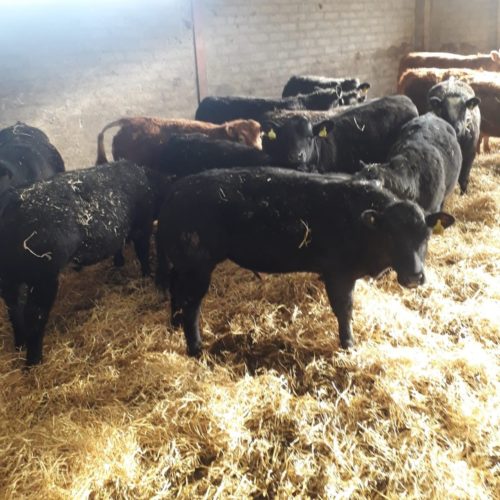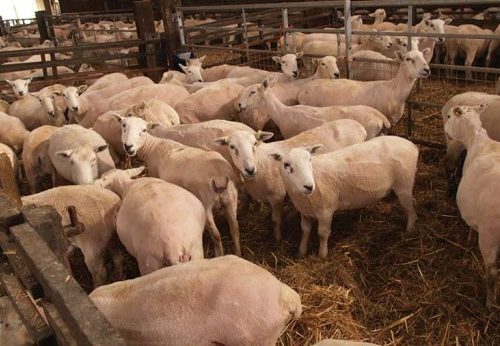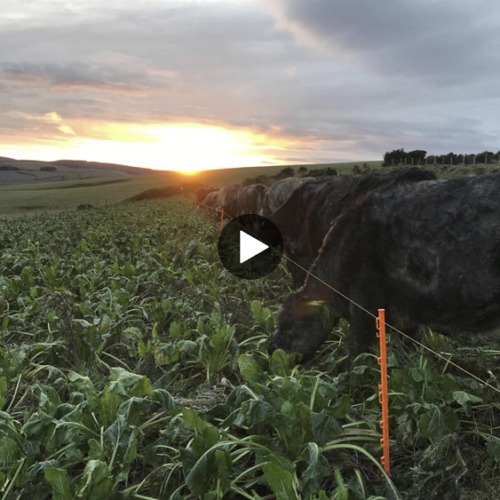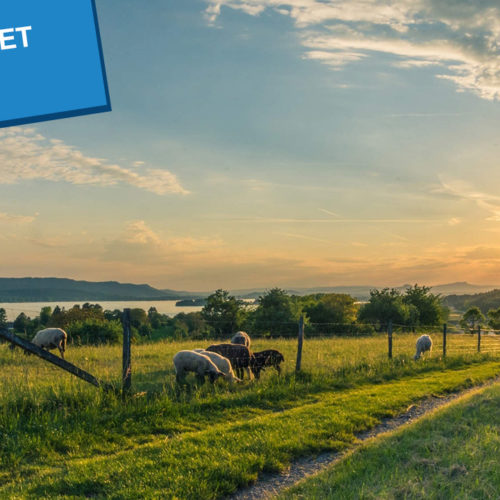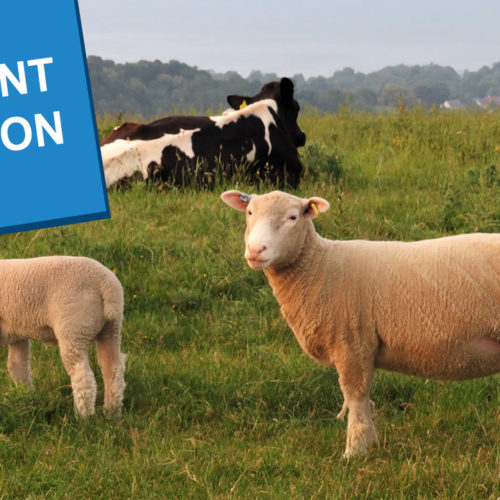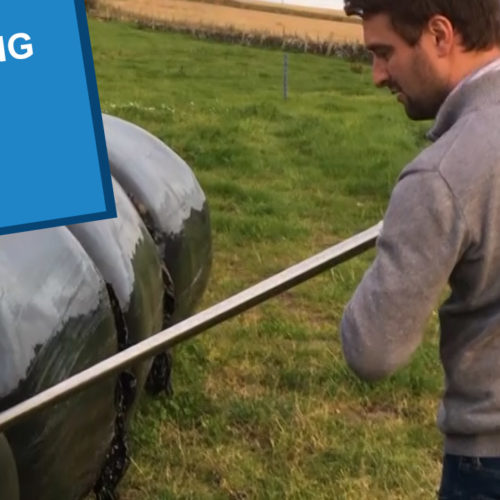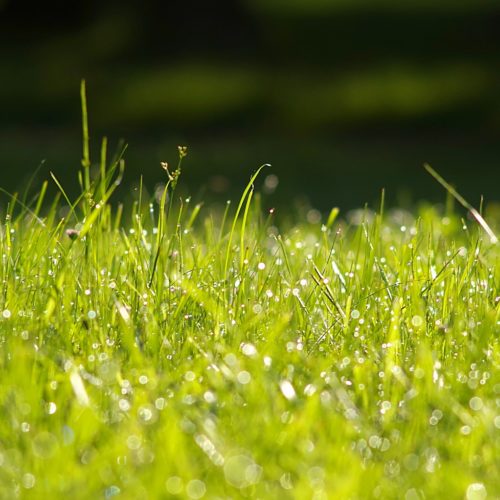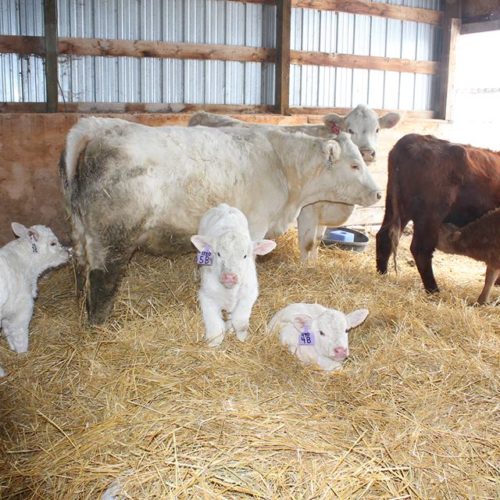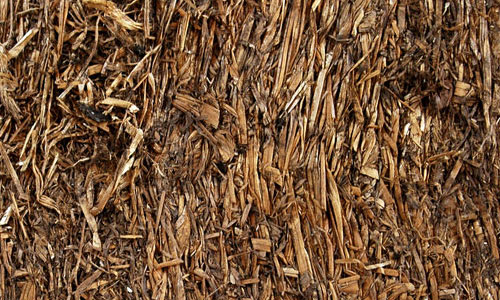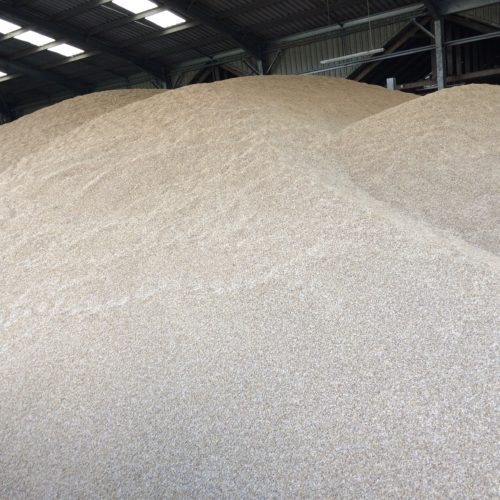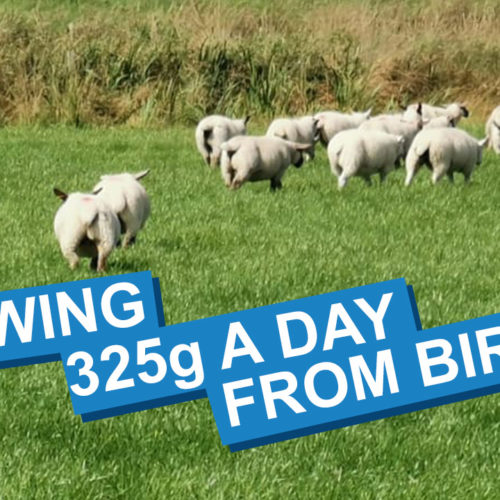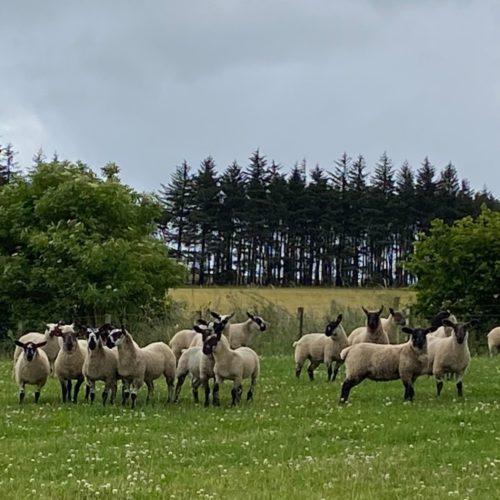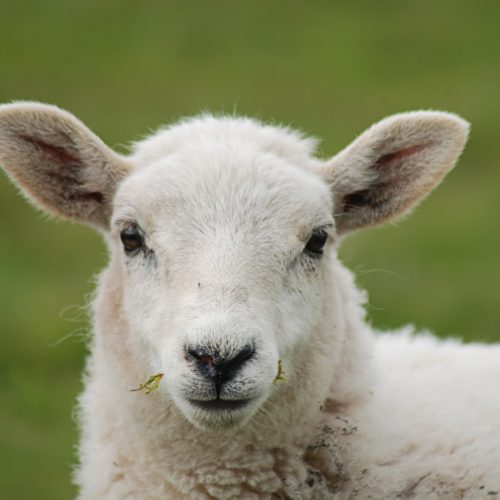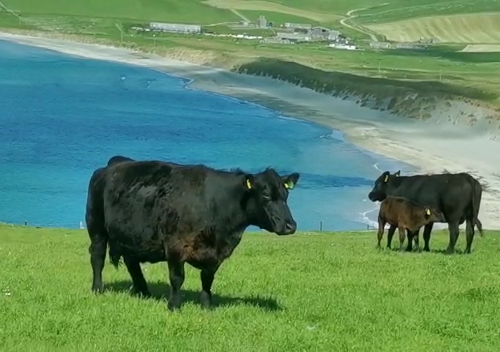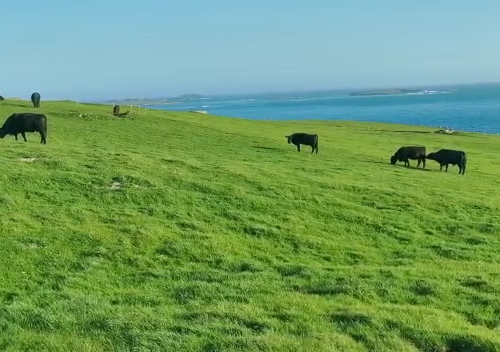Sheep: Feed & Forage
Resources for feeding sheep
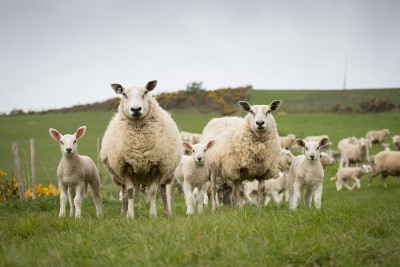
Nutrition for Ewes Lambing in Spring
The success of lambing relies heavily upon ensuring the ewe’s nutritional needs are met throughout pregnancy. This is particularly important in the final six weeks of pregnancy where foetal growth…
Select by an area of interest
Nutrition for Ewes Lambing in Spring
March 27, 2024The success of lambing relies heavily upon ensuring the ewe’s nutritional needs are met throughout pregnancy. This is particularly important in the final six weeks...
Read more >Building Good Financial Habits With Cash Flow Forecasting
November 30, 2023The statistics are clear; 80% of small businesses go under due to cash flow problems, not lack of profit. Building business resilience with good financial...
Read more >Sheep mineral supplementation
November 23, 2023Throughout the year and production cycle, the ewe goes through different phases requiring varying nutritional requirements. Part of these are minerals which are vital for...
Read more >Minimising Dry Matter Losses in Clamped Silage
July 10, 2023Dry matter (nutrient) losses from clamped silage can be on average 25%, representing a significant amount of feed value disappearing between cutting the grass and...
Read more >How to reduce silage nutrient loss in the heat
June 26, 2023The silage season is well underway with many farms having already successfully harvested a first cut and some even cutting or considering further cuts. However,...
Read more >Minimising Dry Matter Losses in Clamped Silage
June 16, 2023Making silage is an expensive operation on any livestock farm but it is still one of the most cost-effective feeds after grass. Maximising the production...
Read more >Indoor Lambing Management
March 6, 2023As lambing time approaches, we tackle key challenges in this timely video, where we address colostrum, hygiene, iodine supply and reducing antibiotics at lambing time....
Read more >Silage Clinic – Key Messages
March 6, 2023Making quality silage – what are the key influencing factors? Tips for making quality silage and minimising nutritional losses were discussed at a recent FAS...
Read more >Protein Feed Prices Rising
January 23, 2023While cereal prices have eased slightly, protein prices have risen, mainly due to the increase in soya but also due to limited short-term availability of...
Read more >Maintaining Performance of Sheep in Adverse Winter Weather
December 21, 2022With the last covering of snow now subsiding and more forecast as we approach the end of the year, it is worth considering the adverse...
Read more >New Entrants – Getting Started with Rotational Grazing
December 7, 2022Rotational grazing increases the grass ultilisation on farm and leads to greater production of meat, milk, and wool per hectare, while also reducing feed and...
Read more >November Silage Update
November 30, 2022The SAC lab continues to receive more silages for analysis. Table 1 shows the average nutrient values of 1st and 2nd cut beef and sheep...
Read more >Sheep Abortions – What you need to know
July 21, 2022In this video, Megan Fergusson, Veterinary Investigation Officer at SRUC talks about the main causes of sheep abortions – Toxoplasmosis and Enzootic Abortion (EAE) and...
Read more >Reduce Risk Of Scald In Lambs This Season
June 17, 2022Scald is caused by bacteria (Dichelobacter nodosus) in the grass and leads to damage to the soft tissue between the toes of lambs. It can...
Read more >Grazing Principles for Productive Flocks
June 2, 2022In this webinar recorded 26th May, Poppy Frater and Daniel Stout of SAC’s GrazeUp discuss the core principles of effective grazing management to optimise pasture...
Read more >Improving Silage To Reduce Costs
April 28, 2022Improving silage quality provides an alternative resource of nutrients to livestock that may have otherwise been supplied in concentrate feed. Ruminants have evolved to eat...
Read more >Forage Crop Ground Preparation
May 14, 2021Good ground preparation of forage crops is a large contributor to their yield potential, with a fine, firm seedbed, with the correct pH and nutrients...
Read more >Ensiling Potatoes And Grass Silage
May 6, 2021The recent cold weather and lack of grass growth has meant some farms will either have silage fields that are being grazed or simply not...
Read more >Improving Baled Silage Quality: What’s it Worth?
April 12, 2021When buying or selling silage bales, nutritional value is rarely taken into account, but the variation in quality can be huge. Having an analysis to...
Read more >Sustainable Sheep Systems – “Ewe are what ewe eat” (video)
February 17, 2021Ewe nutrition in the 8 weeks pre-lambing is essential to ensure the ewe receives sufficient energy and protein to support the growth of the unborn...
Read more >The Importance Of Vitamins – Vitamin D
December 18, 2020Vitamin D is critical for normal development and growth. The primary function of vitamin D is to increase blood plasma calcium and phosphorous to a...
Read more >Using The Scan Results For Better Nutrition
December 18, 2020As triplets require greater feeding in the lead up to lambing than those with fewer lambs and singles are at risk of oversized lambs if...
Read more >Managing and Reducing Straw Wastage
December 16, 2020With straw looking to be relatively scarce coupled with price variance across the regions this guide will help farmers better manage straw supplies and help...
Read more >Alternative Bedding For Lambing
December 16, 2020Straw traditionally is the choice bedding for lambing sheds and pens however straw shortages mean you may need to be prepared to find an alternative....
Read more >Livestock Grazing Beet: Feat. Dr Jim Gibbs
December 9, 2020The third and final podcast in our fodder beet for livestock series. This podcast focuses on the health of livestock grazing beet and we are...
Read more >Ruminant Nutrition
November 16, 2020Ever wondered what your animal requires and when? The best way to feed them? What minerals they need? If so then this webinar is for...
Read more >Forages and Feeds: Assessing Your Forage – Part 1
October 27, 2020This video is the second in our winter feed planning series covering assessing your forage stocks and their quality, as well as what to do...
Read more >Rotational Grazing: A Discussion
October 23, 2020This year, four farmers from across Scotland have been documenting their experience using rotational grazing methods on video. You can follow the whole series on...
Read more >Alternative Bedding
October 20, 2020Bedding livestock on straw is common place on most farms in Scotland but straw is not the only option.
Read more >Wet Straw
October 20, 2020Recent wet weather in some parts has seen straw in field stacks soaked by rainwater, bales immersed in water and even straw bales washed away...
Read more >Cause And Prevention Of Mites In Feedstuffs
September 30, 2020Grain/feed mites can occasionally cause issues in grain they are not often easy to spot until they are in large numbers and where populations are...
Read more >Rotational Grazing Vlog: Weaning Lambs at 90day
September 9, 2020These lambs have grown at 325g/day from birth, an exceptional growth rate for twins. Jamie has shown us the leader-follower system in previous videos...
Read more >Lamb Finishing Options
July 29, 2020There are a wide range of options for finishing lambs in Scotland. The choice of system will largely depend on the weight and type of...
Read more >Keeping Lambs Growing
July 23, 2020As lambs get bigger, they get less efficient at growing – an increasing amount of feed is needed solely for their maintenance. The contribution of energy dense...
Read more >Rotational Grazing Vlog: Permanent pasture responding well to Leader-follower rotation
July 7, 2020Cows and Calves follow behind the ewes and lambs at Scholland Farm on Shetland. Increase kg/ha 40%. A top tip for temporary electric...
Read more >Rotational Grazing Vlog: Adapting grazing in cooler May conditions on Shetland
July 7, 2020Grass growth on Scholland Farm has been slow due to cool may conditions. Therefore, the ewe and lamb grazing has been adapted and...
Read more >Handling And Stacking Silage Bales
June 3, 2020When making silage bales it worth taking extra care around handling, wrapping and stacking of bales to avoid costly nutrient losses and some harmful moulds...
Read more >More in FAS Problem Solver
Select by an area of interest
Nutrition for Ewes Lambing in Spring
March 27, 2024The success of lambing relies heavily upon ensuring the ewe’s nutritional needs are met throughout pregnancy. This is particularly important in the final six weeks...
Read more >Building Good Financial Habits With Cash Flow Forecasting
November 30, 2023The statistics are clear; 80% of small businesses go under due to cash flow problems, not lack of profit. Building business resilience with good financial...
Read more >Sheep mineral supplementation
November 23, 2023Throughout the year and production cycle, the ewe goes through different phases requiring varying nutritional requirements. Part of these are minerals which are vital for...
Read more >Minimising Dry Matter Losses in Clamped Silage
July 10, 2023Dry matter (nutrient) losses from clamped silage can be on average 25%, representing a significant amount of feed value disappearing between cutting the grass and...
Read more >How to reduce silage nutrient loss in the heat
June 26, 2023The silage season is well underway with many farms having already successfully harvested a first cut and some even cutting or considering further cuts. However,...
Read more >Minimising Dry Matter Losses in Clamped Silage
June 16, 2023Making silage is an expensive operation on any livestock farm but it is still one of the most cost-effective feeds after grass. Maximising the production...
Read more >Indoor Lambing Management
March 6, 2023As lambing time approaches, we tackle key challenges in this timely video, where we address colostrum, hygiene, iodine supply and reducing antibiotics at lambing time....
Read more >Silage Clinic – Key Messages
March 6, 2023Making quality silage – what are the key influencing factors? Tips for making quality silage and minimising nutritional losses were discussed at a recent FAS...
Read more >Protein Feed Prices Rising
January 23, 2023While cereal prices have eased slightly, protein prices have risen, mainly due to the increase in soya but also due to limited short-term availability of...
Read more >Maintaining Performance of Sheep in Adverse Winter Weather
December 21, 2022With the last covering of snow now subsiding and more forecast as we approach the end of the year, it is worth considering the adverse...
Read more >New Entrants – Getting Started with Rotational Grazing
December 7, 2022Rotational grazing increases the grass ultilisation on farm and leads to greater production of meat, milk, and wool per hectare, while also reducing feed and...
Read more >November Silage Update
November 30, 2022The SAC lab continues to receive more silages for analysis. Table 1 shows the average nutrient values of 1st and 2nd cut beef and sheep...
Read more >Sheep Abortions – What you need to know
July 21, 2022In this video, Megan Fergusson, Veterinary Investigation Officer at SRUC talks about the main causes of sheep abortions – Toxoplasmosis and Enzootic Abortion (EAE) and...
Read more >Reduce Risk Of Scald In Lambs This Season
June 17, 2022Scald is caused by bacteria (Dichelobacter nodosus) in the grass and leads to damage to the soft tissue between the toes of lambs. It can...
Read more >Grazing Principles for Productive Flocks
June 2, 2022In this webinar recorded 26th May, Poppy Frater and Daniel Stout of SAC’s GrazeUp discuss the core principles of effective grazing management to optimise pasture...
Read more >Improving Silage To Reduce Costs
April 28, 2022Improving silage quality provides an alternative resource of nutrients to livestock that may have otherwise been supplied in concentrate feed. Ruminants have evolved to eat...
Read more >Forage Crop Ground Preparation
May 14, 2021Good ground preparation of forage crops is a large contributor to their yield potential, with a fine, firm seedbed, with the correct pH and nutrients...
Read more >Ensiling Potatoes And Grass Silage
May 6, 2021The recent cold weather and lack of grass growth has meant some farms will either have silage fields that are being grazed or simply not...
Read more >Improving Baled Silage Quality: What’s it Worth?
April 12, 2021When buying or selling silage bales, nutritional value is rarely taken into account, but the variation in quality can be huge. Having an analysis to...
Read more >Sustainable Sheep Systems – “Ewe are what ewe eat” (video)
February 17, 2021Ewe nutrition in the 8 weeks pre-lambing is essential to ensure the ewe receives sufficient energy and protein to support the growth of the unborn...
Read more >The Importance Of Vitamins – Vitamin D
December 18, 2020Vitamin D is critical for normal development and growth. The primary function of vitamin D is to increase blood plasma calcium and phosphorous to a...
Read more >Using The Scan Results For Better Nutrition
December 18, 2020As triplets require greater feeding in the lead up to lambing than those with fewer lambs and singles are at risk of oversized lambs if...
Read more >Managing and Reducing Straw Wastage
December 16, 2020With straw looking to be relatively scarce coupled with price variance across the regions this guide will help farmers better manage straw supplies and help...
Read more >Alternative Bedding For Lambing
December 16, 2020Straw traditionally is the choice bedding for lambing sheds and pens however straw shortages mean you may need to be prepared to find an alternative....
Read more >Livestock Grazing Beet: Feat. Dr Jim Gibbs
December 9, 2020The third and final podcast in our fodder beet for livestock series. This podcast focuses on the health of livestock grazing beet and we are...
Read more >Ruminant Nutrition
November 16, 2020Ever wondered what your animal requires and when? The best way to feed them? What minerals they need? If so then this webinar is for...
Read more >Forages and Feeds: Assessing Your Forage – Part 1
October 27, 2020This video is the second in our winter feed planning series covering assessing your forage stocks and their quality, as well as what to do...
Read more >Rotational Grazing: A Discussion
October 23, 2020This year, four farmers from across Scotland have been documenting their experience using rotational grazing methods on video. You can follow the whole series on...
Read more >Alternative Bedding
October 20, 2020Bedding livestock on straw is common place on most farms in Scotland but straw is not the only option.
Read more >Wet Straw
October 20, 2020Recent wet weather in some parts has seen straw in field stacks soaked by rainwater, bales immersed in water and even straw bales washed away...
Read more >Cause And Prevention Of Mites In Feedstuffs
September 30, 2020Grain/feed mites can occasionally cause issues in grain they are not often easy to spot until they are in large numbers and where populations are...
Read more >Rotational Grazing Vlog: Weaning Lambs at 90day
September 9, 2020These lambs have grown at 325g/day from birth, an exceptional growth rate for twins. Jamie has shown us the leader-follower system in previous videos...
Read more >Lamb Finishing Options
July 29, 2020There are a wide range of options for finishing lambs in Scotland. The choice of system will largely depend on the weight and type of...
Read more >Keeping Lambs Growing
July 23, 2020As lambs get bigger, they get less efficient at growing – an increasing amount of feed is needed solely for their maintenance. The contribution of energy dense...
Read more >Rotational Grazing Vlog: Permanent pasture responding well to Leader-follower rotation
July 7, 2020Cows and Calves follow behind the ewes and lambs at Scholland Farm on Shetland. Increase kg/ha 40%. A top tip for temporary electric...
Read more >Rotational Grazing Vlog: Adapting grazing in cooler May conditions on Shetland
July 7, 2020Grass growth on Scholland Farm has been slow due to cool may conditions. Therefore, the ewe and lamb grazing has been adapted and...
Read more >Handling And Stacking Silage Bales
June 3, 2020When making silage bales it worth taking extra care around handling, wrapping and stacking of bales to avoid costly nutrient losses and some harmful moulds...
Read more >

